Roof vents are more than an obnoxious feature on your roof. They ensure that air circulates freely throughout the attic and exits the house properly. Many homeowners believe that covering them during the winter is a good idea, ignorant that it is not only unneeded, but may actually endanger their home.
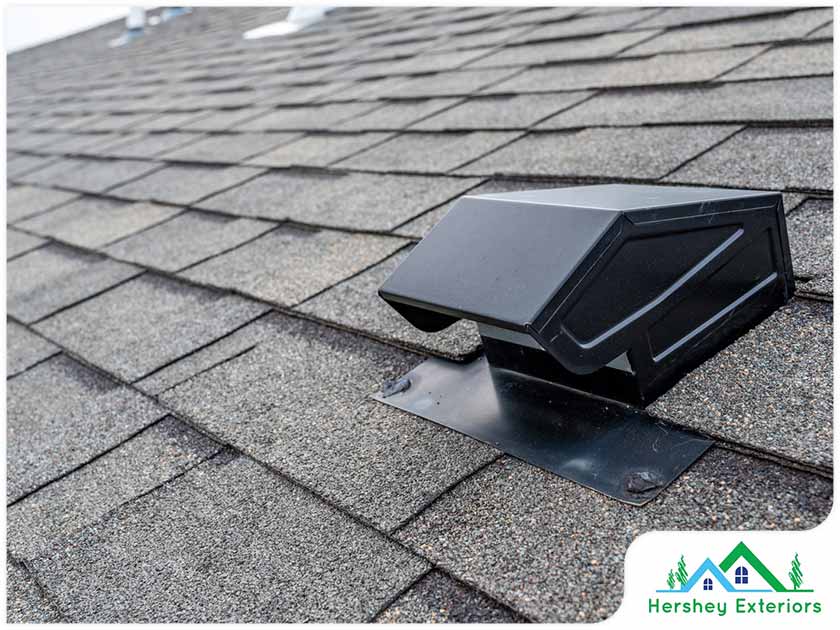
The Function of a Roof Vent
Roof vents allow for the escape of attic air and the entry of outside air via intake and exhaust vents. This helps keep your house cooler in the summer by allowing hot attic air to escape. This can help reduce your air conditioning load and preserve your shingles from overheating. Additionally, it assists in maintaining proper humidity levels in the attic and can help avoid problems throughout the winter.
Why You Should Avoid Closing Roof Vents During the Winter
A well-ventilated roof is less likely to overheat during the summer. However, what happens when winter arrives?
If your attic has a vent issue, it will remain warm throughout the winter. When temperatures begin to drop, your attic will become cold if there is little ventilation. This, however, is not the same as trapped heat. It is unlikely to cause damage to your roof or raise the energy consumption of your HVAC system.
There is no reason why your attic ventilation systems should be covered. Keeping them open allows air to circulate, which is critical for protecting your roof from damage and preventing residential roof repair.
During the winter, there is an abundance of moisture. Covering your roof vents retains heat, but also prevents moisture from naturally evaporating from your home. Moisture is one of your roof's worst enemies as well as the rest of your home's components, including electronics.
Vents Are Intended for Year-Round Circulation
To maintain an adequate level of heating and cooling in your home, you must have an adequate amount of ventilation in your attic. Excessive or insufficient ventilation can wreak havoc on your home's moisture control and energy efficiency. As a general guideline, one square foot of ventilation should be provided for every 300 square feet of ceiling.
For all your residential roof installation needs, Hershey Exteriors, Inc can help. Contact us to schedule a complimentary estimate by calling (302) 244-7486 or by filling out our online contact form today!
Tags
Subscribe to Hershey Exteriors's Blog


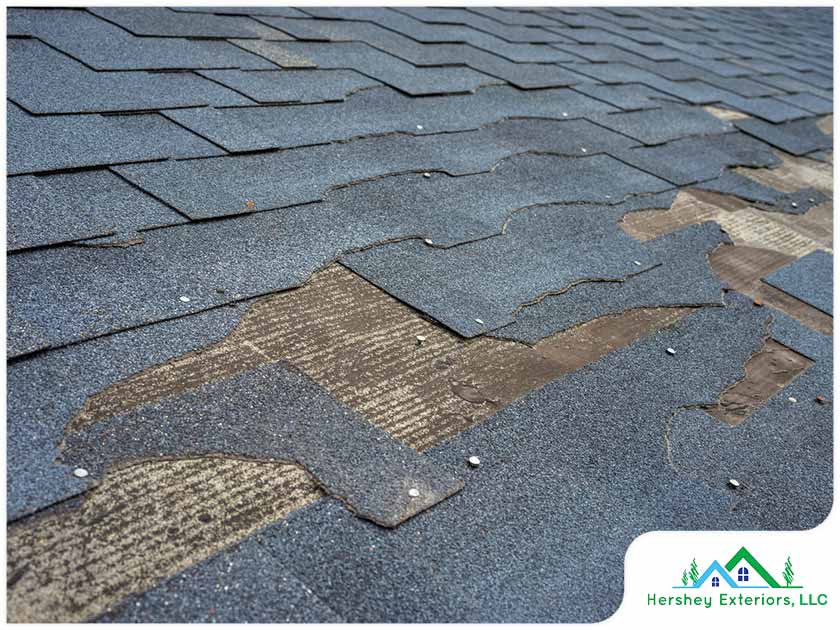
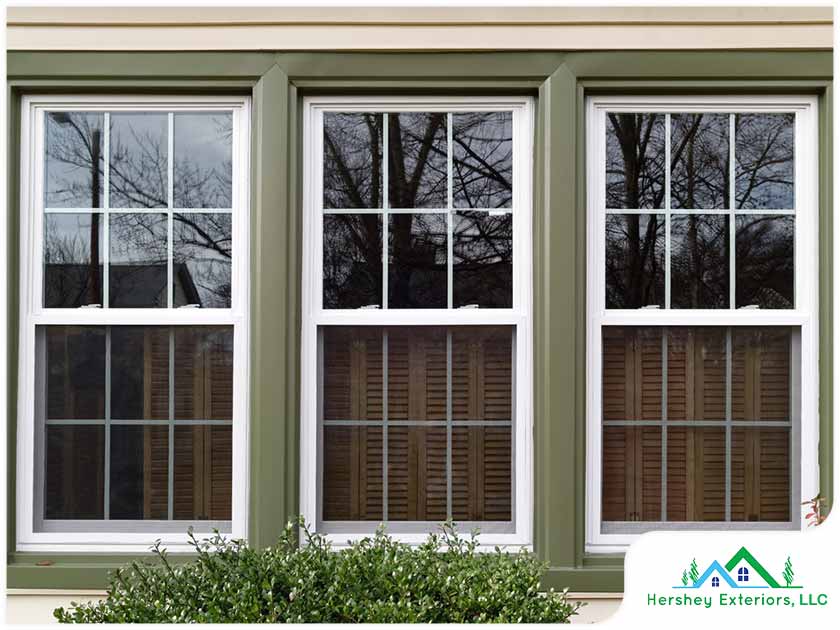
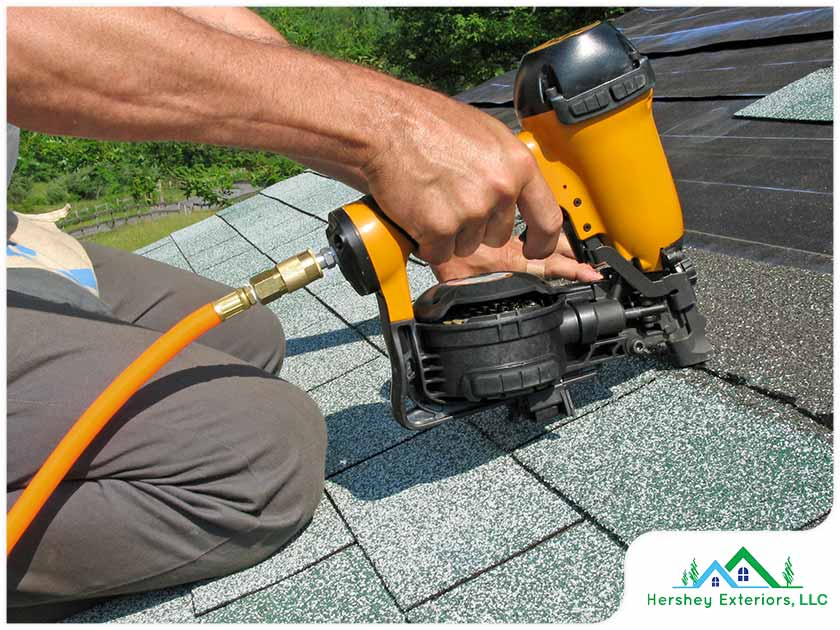
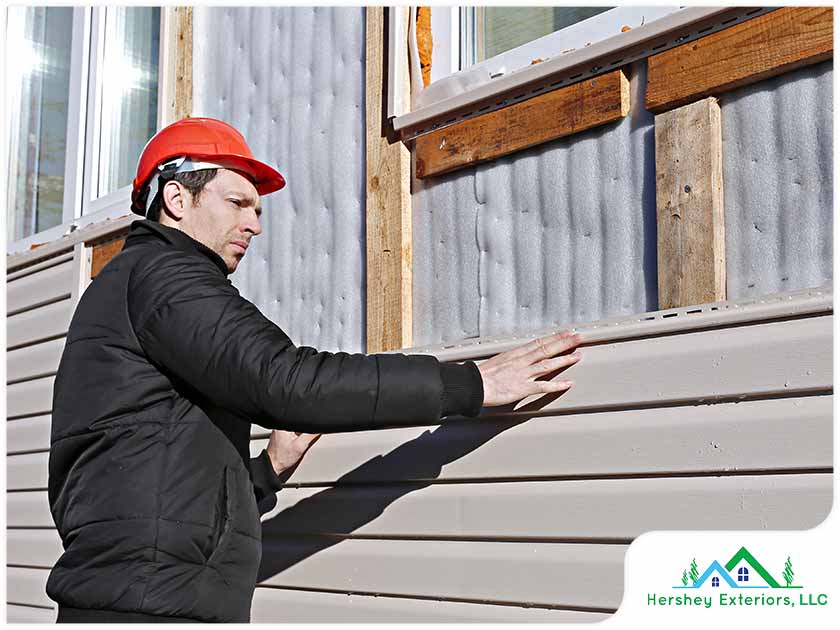
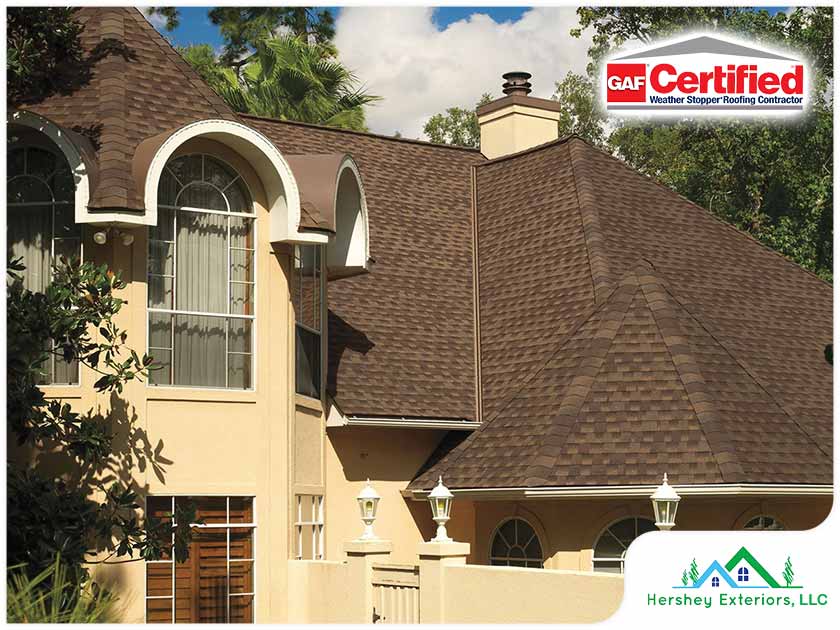

Comments